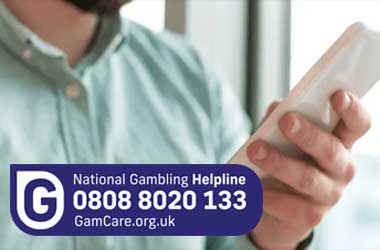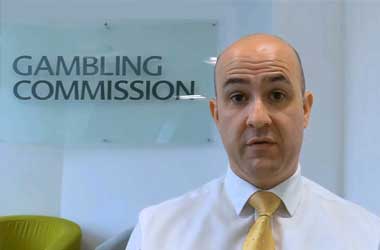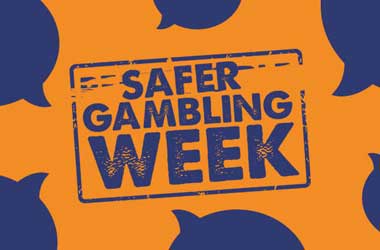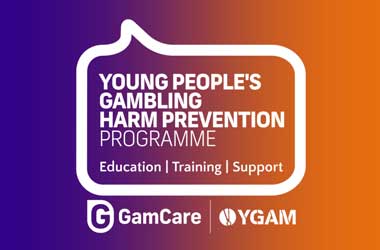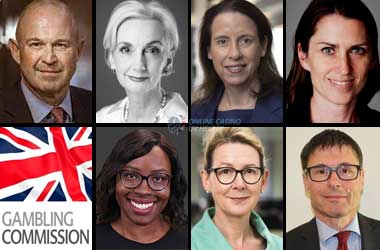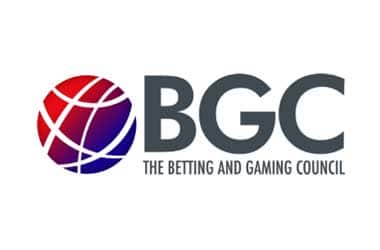
- GamCare published its latest recommendations for tackling gambling-related debt
- The recommendations come as 6 in 10 Brits seeking gambling treatment had debts
- GamCare said there must be reciprocal referral pathways between sectors to address the issue
GamCare is calling for stronger multi-sector partnerships to help people experiencing financial problems due to gambling.
The independent charity recently released its latest recommendations for addressing gambling-related debt, based on insights and feedback from various entities which took part in its second workshop focusing on the issue.
6 in 10 UK Customers Accessing Gambling Treatment Had Debts
The workshop was held in November 2022 and had more than 60 participants, including representatives from Bristol University, Lloyds Banking Group, and some of the UK’s leading debt advice organizations – StepChange, PayPlan, and Citizens Advice. The event also heard from people with lived experience of gambling-related debt.
GamCare conducted the workshop amid an increasing number of UK customers struggling financially due to gambling. According to the National Gambling Treatment Service (NGTS), 6 in 10 people accessing gambling treatment had gambling-related debts, with 2% insolvent – some entered into an Individual Voluntary Arrangement (IVA), while others reported being bankrupt.
GamCare is part of the NGTS, a network of organizations that provide confidential treatment and support for individuals with gambling problems.
Relevant Sectors Must Build Reciprocal Referral Pathways
Among the key insights provided during GamCare’s workshop was that gambling and debt must be addressed simultaneously, and one way to do that is by building cross-sector partnerships.
The independent charity said establishing “reciprocal referral pathways” between gambling support, consumer credit, and debt advice sectors plays a vital role in minimizing gambling-related debt.
GamCare already has existing partnerships with debt advice organizations PayPlan, StepChange, and Citizens Advice. Their close coordination has helped greatly in providing specialist support for people whose financial wellbeing has been affected by excessive gambling.
For instance, PayPlan has put in place a specialist advice team who works closely with GamCare, adopting a confidential and tailored approach to clients’ needs. Emma Gibbons, Vulnerable Client Lead at PayPlan, said their operational staff also received training from GamCare for that purpose. This partnership enables GamCare to directly refer customers struggling with gambling-related debt to the PayPlan team, instead of doing simple signposting.
According to GamCare, a lot of people accessing its service often report that they were unable to pay off their debts while still gambling. A former gambler with lived experience of gambling-related debt who spoke at the workshop confirmed this, saying it would be impossible for customers to successfully deal with their debts if they’re still actively gambling especially on mobile casinos.
Citing this feedback, GamCare also highlighted the importance of introducing gambling awareness training for debt advisers, adding that conversations about gambling must be normalized.
